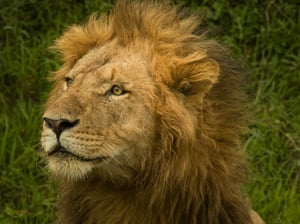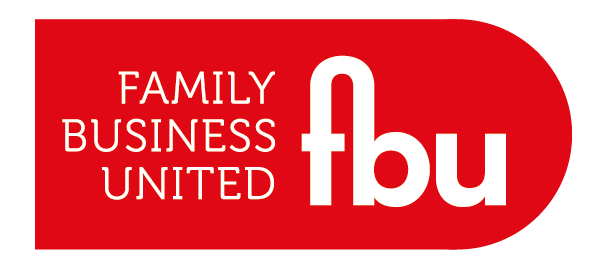Sarah | Acceptance
Acceptance is the ability to assent or agree to the reality of a situation or a person without trying to change anything. Easier said than done! Perhaps acceptance can be seen as the light to its opposite - resistance, frequently expressed as judgement or as a longing for things to be other than they are. I might feel anxious about whether I am receiving acceptance from others. I often find it hard to accept that other people cannot read my mind and live up to a story I have running, but haven't communicated.
.png?width=300&name=MicrosoftTeams-image%20(15).png)
Acceptance is the ability to sit with discomfort, accept its presence and experience the feelings and emotions that arrive with it. In this allowing state I provide myself with the opportunity of processing this experience. Once my feelings have been processed then another layer of the experience of acceptance can be accessed. It becomes a sensation of opening, of relaxing, of being curious, of allowing an awareness of just how much there is to be grateful for in all the challenges that happen as well as in all the good things that surround me and that I have access to. It could also be described as a calm and content state of being. An ability to be in this moment, just as it is - a state of flow.
Nick | Embodying
'The only output of the nervous system is the motor system, whether in cognition or action' (Sten Grillner). I first learned about embodying at the Buddhist Centre, Lam Rim in South Wales, where we lived when I was a kid. As well as routine meditation with the community we joined in the many weekend retreats experiencing ancient physical practices from master practitioners.
I was taught Tai Chi, and used to go from the rugby pitch, battered and exhausted, to a Tai Chi and Chi Gong class in the evenings, and that would bring my body back to life. I think it was this contrast of states that was so memorable. Helping my wife and co-director, Sarah, revise rehab in her physiotherapy exams in the early 90s gave us the neurological basis for body work.
.png?width=300&name=MicrosoftTeams-image%20(14).png)
The value of embodying is its innate pragmatism - how do I do it? To answer this requires openness, curiosity, and creativity. Bringing these into our lives takes practice and reflection and then we can find that point of clarity - aha, this is how I will do it! Then we have to deal with our fears and take a new step, a new shape, a new direction.
When we think about how the body and brain work together, then embodying captures the whole of my expression, and this is at the heart of the Alembic Way. I love the emphasis our embodied practice places upon the body, which brings us into relationship and balance with our physical reality, and the need for health and movement.
In the end, everything is behaviour as we express (or hide) our inner worlds.
Jess | Curiosity
The word curiosity has many meanings, interpretations, and associations. You can wander about in a little old curiosity shop. Don’t forget that curiosity killed the cat! Sometimes people behave curiously and other times the word implies an inquisitiveness.
Curiosity is a state of mind: an eagerness to learn, an interest in something. It leads us in our investigation, exploration and learning. It’s the part of us that fosters inventiveness and knowledge-seeking, and that helps us identify gaps in markets.

The word finds its roots from ancient language describing care (cura in Latin), so people who behaved curiously were, in the past, being very careful. At Alembic, curiosity is a cornerstone of what we do. It drives the techniques and tools we use as a framework of Discovery. We are curious about you. We use a gentle curiosity to learn all about you and what makes you who you are, and therefore how you all work together. We encourage introspection and curiosity and see these qualities as a vessel for change and transformation.
To me, curiosity means connection-seeking. It allows me to be open-minded when I approach new people, situations and places. So long as you’re curious, you’re learning. It’s a catalyst for growth in life. Curiosity may have killed the cat, but it also allowed Newton to see gravity in a fallen apple; for a lightbulb to come on for the first time; for someone to take footsteps on the surface of the moon.
Barbara | Courage
Courage is usually associated with bravery, fierceness, and action. I can certainly relate to situations and times when courage made me take incredible leaps in the unknown and pushed me to do things I did not like, I was scared of, and did not know I could succeed at.
However, the strongest power of courage for me is when it forces me to stay put exactly where I am and be still. When that happens, courage enables me to witness who I am and what I became; it enables me to accept what I do not like about myself, about others, about the world. It allows me to sit with my discomfort. And then, from that place of deep quietness and clarity, from being light, courage becomes fire that sparks action. Sometimes small, sometimes immense.

Courage allows me to crack open and be vulnerable. It allows me to accept what is. It provides me with the energy I need to change what I do not like, what does not serve me anymore, what does not work in myself and in my world. Courage is a beautiful and multifaceted force that guides me and fires up my life. This is why it is so dear to me.




